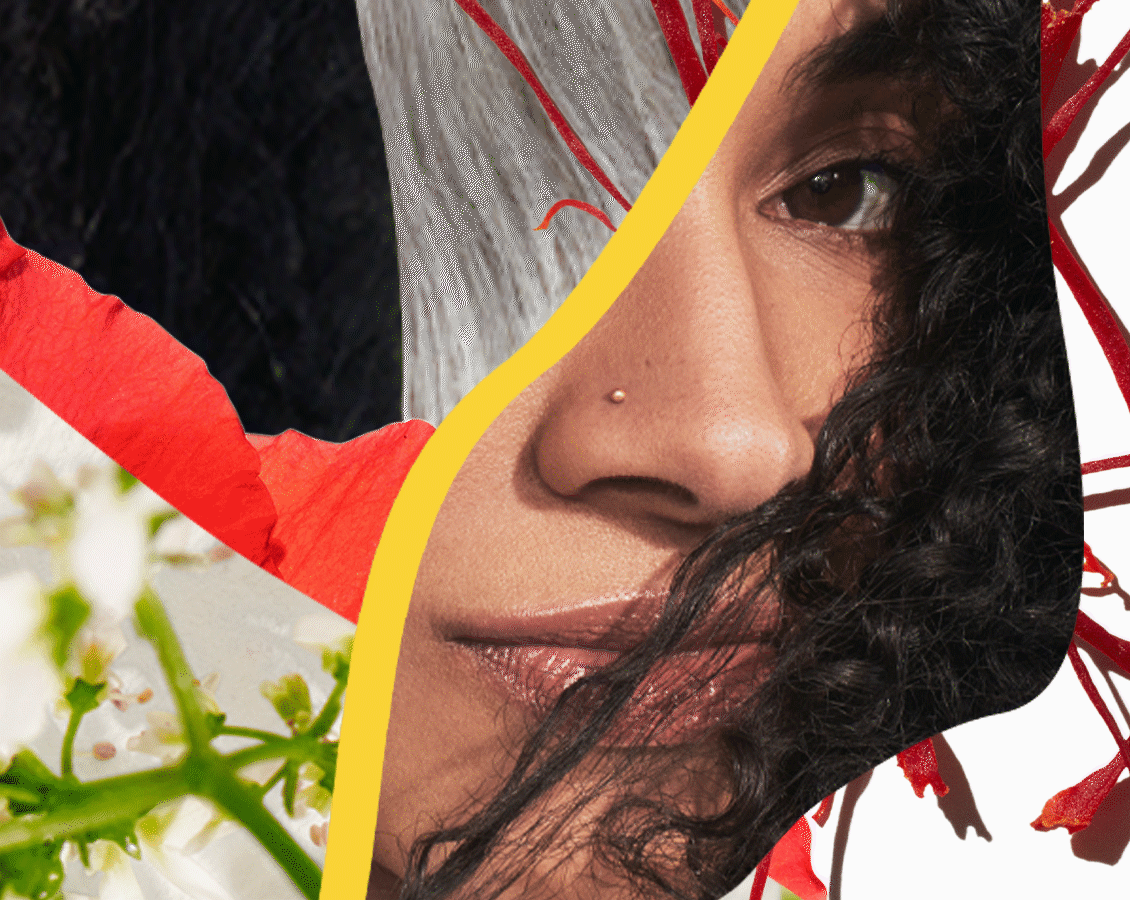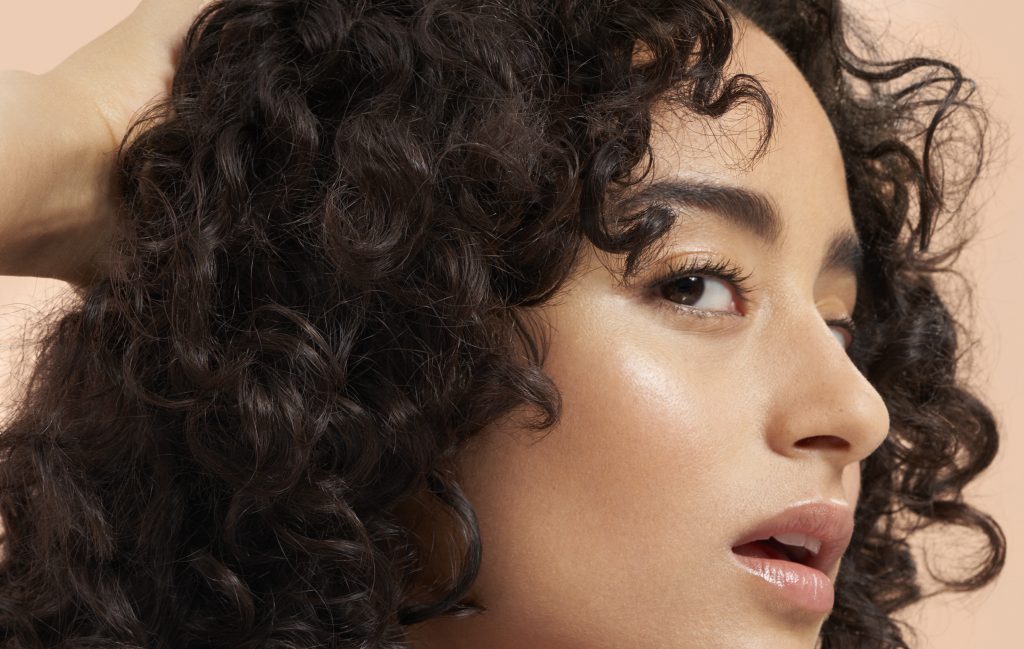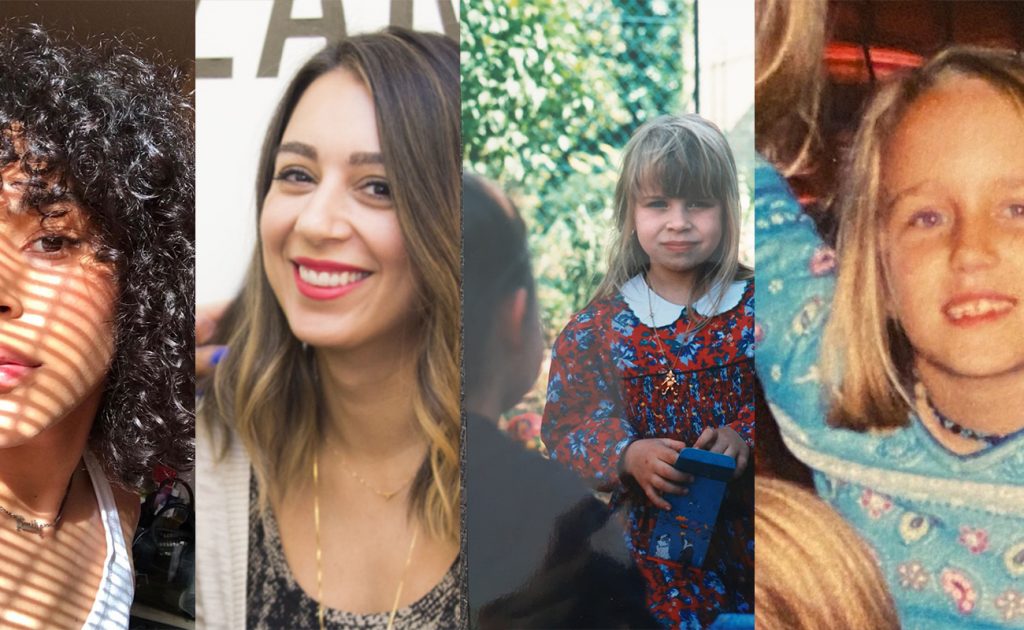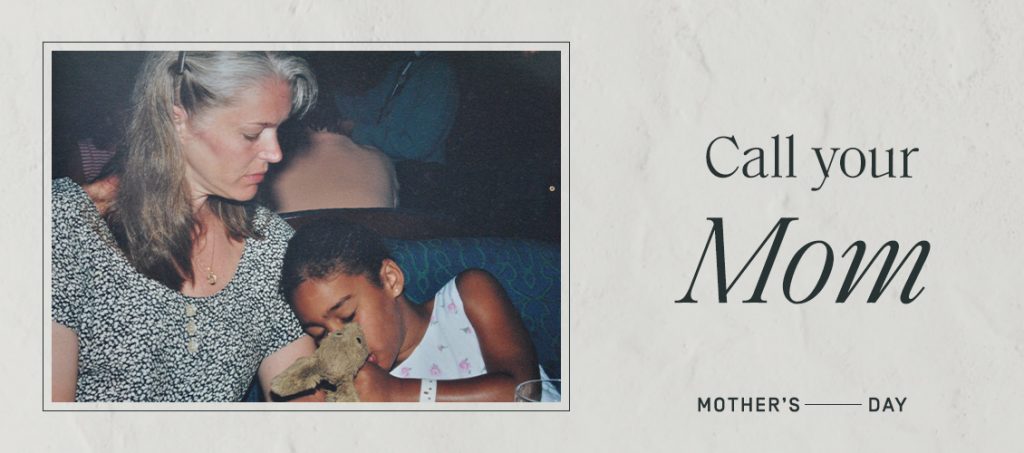“When there is a noticeable change in our appearance it has the potential to challenge our perception of ourselves,” says psychotherapist and licensed mental health counselor Lisa Coll, LMHC. “If a person’s hair had been a defining characteristic of their appearance, losing that hair is experienced as a significant loss. If a person associates thick hair with youth, losing their hair might feel like losing their youthfulness. Either way, a redefining of self-perception follows and that can be stressful and challenging.”
When you start to notice hair loss, you might be tempted to blame yourself. Are you not eating enough whole foods? Are you taking enough vitamins? Reactions vary person to person, but as Coll says, we might start to self-diagnose the problem and search for a solution.
And depending on how much our identity is tied up in those curls, waves, straight strands, and up-dos, losing hair can feel like an attack on our emotional health. We can thank age-old definitions of beauty for that.
“Thick, lush hair is often part of the picture when we imagine a typically beautiful woman or man. It’s the ideal. It can be tied to the appearance of youth and optimal health. Both are sought after attributes that most people find attractive,” Coll says. “Thin or balding hair does not readily fit in with the long-established beauty standard. This is true for men and women, perhaps even more true for women.”
That negative internal monologue can have aggravating effects on your mental health, particularly if you’re naturally inclined towards anxiety or depression. As Coll explains, “Losing their hair is another thing to feel badly about.”
That’s why she calls the comparison game a losing endeavor and a waste of all the good that you have to offer. She recommends a healthy dose of self-love.
“It’s all too easy to dismiss our natural talents and attributes and look only at what we think we’re lacking,” she explains. “Rather than focusing on what you don’t have, focus on the many beautiful attributes you do possess—kindness, intelligence, wisdom, and compassion. “A person’s hair does little to improve the world. It’s the person that’s precious and beautiful. Adjusting our ideas and notions of what constitutes beauty for ourselves is a wonderful place to start.”
Thankfully, gender norms and stereotypes are evolving and being challenged. Recent years have brought a welcome shift towards personalization, independence, and praise for being unique.
“Not coincidentally, at our healthiest we are also our most attractive selves,” she says. “I believe that focusing on health and wellness is the key. We experience increased self-worth when we look after ourselves and feel a sense of contribution to others. Wellness is achieved from the inside out, not the other way around. The most relevant question for any of us is, ’What does healthy look like on me?’ I want people to want that look.”




